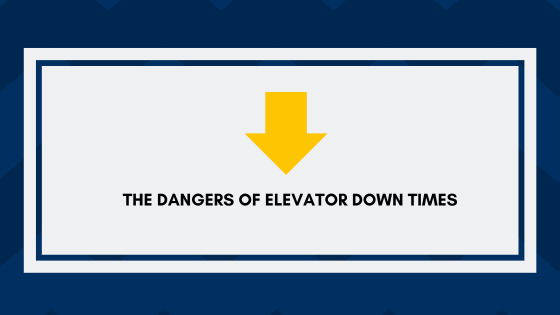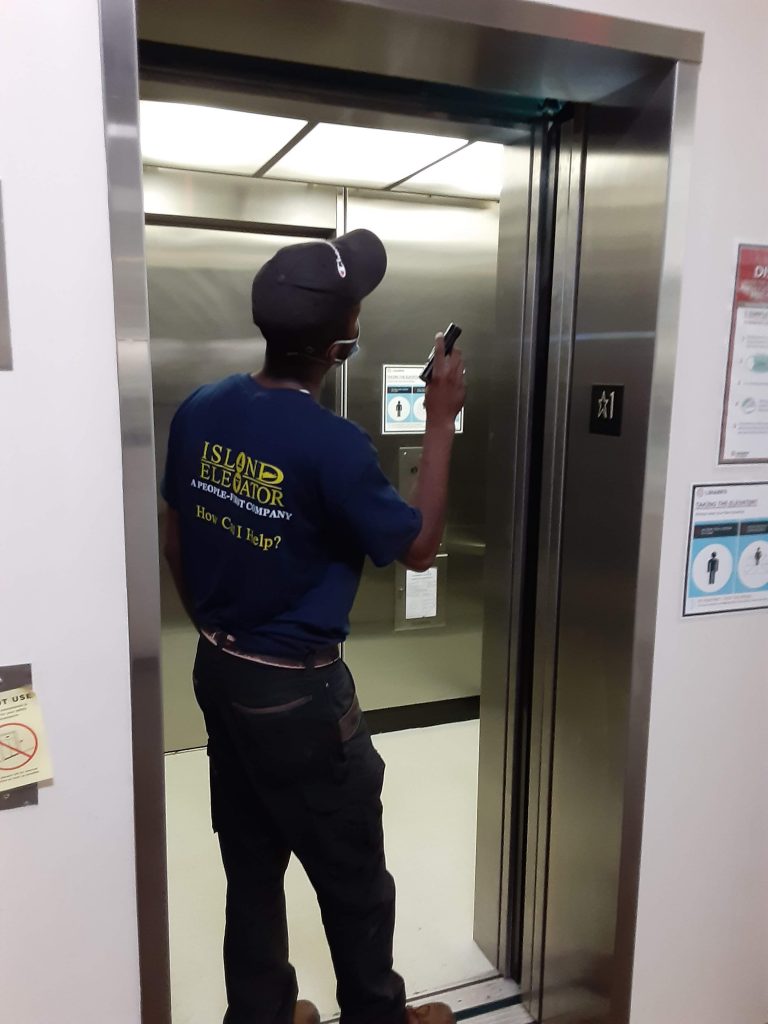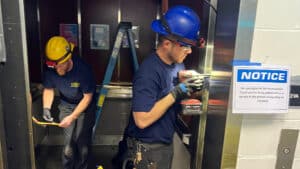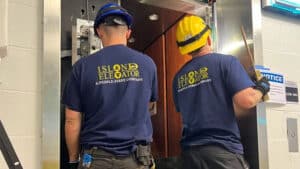
The Dangers of Elevator Down Times
When an elevator goes down, it can be a minor inconvenience or a major problem. For people with disabilities, elderly people, or those who are pregnant, an elevator outage can mean being stranded on a floor and unable to get the help they need.
In some cases, it can even be deadly. That’s why it’s so important for building managers and property owners to have a plan in place for elevator down times.

Elevator outages may seem like a minor inconvenience, but they can actually be quite dangerous. That’s why it’s so important for building owners and managers to have a plan in place for when an elevator goes down. By having a clear protocol and investing in emergency power generators, they can help ensure that everyone stays safe during an outage.
That’s why it’s so important for building owners and managers to have a plan in place for when an elevator goes down.
All tenants should know how to reach the building manager in case of an emergency, and there should be a clear protocol for handling elevator outages. Property owners should also consider investing in emergency power generators to ensure that the elevators can still be used in the event of a power outage.

According to the U.S. Bureau of Labor Statistics, there are over 18,000 reported elevator accidents each year. Many of these accidents result in severe injuries, and some are even fatal.
So, what causes elevators to fail? And how can we avoid these accidents?
Let’s take a look.
There are a number of factors that can contribute to elevator downtime. Some of the most common include:
Overuse: One of the most common causes of elevator downtime is simply overuse. If an elevator is used too frequently, it will eventually break down. This is why it’s important to properly maintain your elevators and keep up with scheduled inspections and repairs.
Poor maintenance: Another common cause of elevator downtime is poor maintenance. If an elevator isn’t properly maintained, it will be more likely to break down. This is why it’s so important to have a qualified technician perform regular inspections and repairs.
Weather: Elevators are also susceptible to weather-related issues. For example, if an elevator is exposed to extreme cold or heat, it can malfunction. This is why it’s important to have your elevators serviced in both the winter and summer months.

There are many reasons why elevators fail. One common reason is due to faulty wiring. Over time, wires can become frayed or detached, which can cause the elevator to malfunction.
Another reason is due to mechanical issues, such as worn-out brakes or pulleys. Finally, human error is also a major contributing factor to elevator accidents.
For example, if an elevator technician does not properly maintain the equipment, it can result in a failure.
There are several ways to avoid elevator accidents. First and foremost, it is important to have regular inspections and maintenance performed on all equipment. This will help to identify any potential problems before they cause an accident.
Finally, it is also a good idea to have a plan in place in case of an emergency.

Additionally, it is important to make sure that all employees who work with elevators are properly trained and certified.
There are a number of things you can do to minimize the risk of elevator downtime in your building. Some of the most effective strategies include:
Inspections: One of the best ways to prevent elevator downtime is to have your elevators inspected regularly by a qualified technician. This way, any potential problems can be caught early and repaired before they cause major disruptions.
Maintenance: Another effective strategy for minimizing elevator downtime is to ensure that your elevators are properly maintained at all times. This means keeping up with scheduled inspections and repairs as well as making sure that the elevators are clean and free of debris.
Weatherproofing: As we mentioned earlier, weather can be a major factor in causing elevator downtime. To prevent this, you should make sure that your elevators are weatherproofed and serviced regularly in both the winter and summer months.
By following these tips, you can help minimize the risk of elevator downtime in your building. However, even with these measures in place, there’s always a chance that an elevator will experience problems at some point. That’s why it’s important to have a qualified technician on call who can quickly repair any issues that do arise.

Elevator down times are frustrating for everyone involved—tenants, visitors, and building managers alike. However, by taking some simple precautions, you can help minimize the risk of this problem in your building.
Be sure to have your elevators inspected regularly, keep up with scheduled maintenance appointments, and weatherproof them in both the winter and summer months. And if an issue does arise, don’t hesitate to call a qualified technician who can quickly repair the problem so that everyone can get back to their normal routines as soon as possible!
Elevator accidents can be devastating, so it is important to do everything we can to avoid them. By having regular inspections and maintenance performed, making sure all employees are properly trained, and having an emergency plan in place, we can help reduce the number of elevator accidents each year.

Island Elevator is Ready to Help!
Island Elevator is here to help you understand all facets of your Elevator Repair, Maintenance, & Modernization costs in the new year. Our team is here to help ensure your home and business vertical transportation equipment receive the regularly scheduled maintenance necessary to help you avoid a major catastrophe, reduce the possibility of a costly repair, and ensure the safety of your passengers, tenants, and family.



